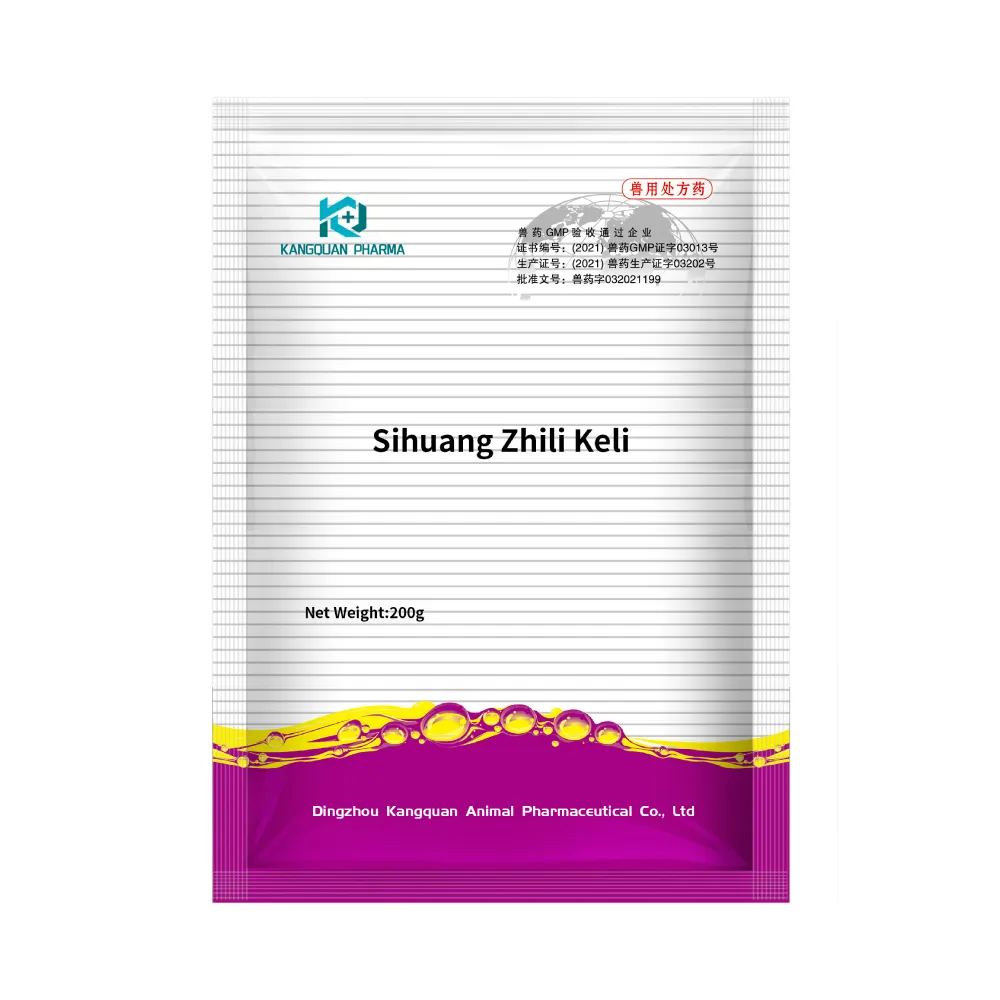- Afrikaans
- Albanian
- Amharic
- Arabic
- Armenian
- Azerbaijani
- Basque
- Belarusian
- Bengali
- Bosnian
- Bulgarian
- Catalan
- Cebuano
- Corsican
- Croatian
- Czech
- Danish
- Dutch
- English
- Esperanto
- Estonian
- Finnish
- French
- Frisian
- Galician
- Georgian
- German
- Greek
- Gujarati
- Haitian Creole
- hausa
- hawaiian
- Hebrew
- Hindi
- Miao
- Hungarian
- Icelandic
- igbo
- Indonesian
- irish
- Italian
- Japanese
- Javanese
- Kannada
- kazakh
- Khmer
- Rwandese
- Korean
- Kurdish
- Kyrgyz
- Lao
- Latin
- Latvian
- Lithuanian
- Luxembourgish
- Macedonian
- Malgashi
- Malay
- Malayalam
- Maltese
- Maori
- Marathi
- Mongolian
- Myanmar
- Nepali
- Norwegian
- Norwegian
- Occitan
- Pashto
- Persian
- Polish
- Portuguese
- Punjabi
- Romanian
- Russian
- Samoan
- Scottish Gaelic
- Serbian
- Sesotho
- Shona
- Sindhi
- Sinhala
- Slovak
- Slovenian
- Somali
- Spanish
- Sundanese
- Swahili
- Swedish
- Tagalog
- Tajik
- Tamil
- Tatar
- Telugu
- Thai
- Turkish
- Turkmen
- Ukrainian
- Urdu
- Uighur
- Uzbek
- Vietnamese
- Welsh
- Bantu
- Yiddish
- Yoruba
- Zulu
10 月 . 02, 2024 17:04 Back to list
Exploring the Effects of Levamisole Hydrochloride and Oxyclozanide on Parasitic Infections
The Role of Levamisole Hydrochloride and Oxyclozanide in Veterinary Medicine
Veterinary medicine has evolved significantly over the years, particularly concerning the treatment and prevention of parasitic infections in livestock and pets. Among the various pharmacological agents used for this purpose, Levamisole hydrochloride and Oxyclozanide have garnered attention due to their efficacy and unique mechanisms of action.
Understanding Levamisole Hydrochloride
Levamisole hydrochloride is an anthelmintic agent that was initially developed for human use but has since found its primary application in veterinary medicine. It is particularly effective against a wide range of nematodes in livestock, including cattle, sheep, and goats. The mechanism of action of Levamisole involves the stimulation of nicotinic acetylcholine receptors in the neuromuscular junction of the parasites, leading to paralysis and eventual expulsion of the worms from the host's body.
In addition to its antiparasitic properties, Levamisole has been noted for its immunostimulant capabilities. It can enhance the host's immune response, making it beneficial not just for treating existing infections but also for bolstering an animal’s defenses against future parasitic invasions. This dual action has positioned Levamisole as a versatile agent in the therapeutic arsenal of veterinarians.
Oxyclozanide A Complementary Anthelmintic
Oxyclozanide, on the other hand, is primarily used for the treatment of fluke infections, particularly in ruminants. It belongs to the class of compounds known as benzimidazoles and operates through a different mechanism compared to Levamisole. Oxyclozanide disrupts the energy metabolism of helminths by inhibiting their ability to utilize glucose effectively, leading to the death of the parasites.
When used in tandem with Levamisole, Oxyclozanide provides a comprehensive approach to managing parasitic infections in animals. The combination targets both nematodes and trematodes, providing a broader spectrum of activity than when either agent is used alone. This synergistic effect is particularly valuable in regions where mixed infections are common.
levamisole hydrochloride and oxyclozanide

Efficacy and Safety
Clinical studies have demonstrated the efficacy of Levamisole hydrochloride and Oxyclozanide in reducing worm burdens in livestock. These drugs are typically administered through oral ingestion or injectable formulations, allowing for flexibility in the mode of delivery based on the species and specific circumstances. Veterinary practitioners often prefer these medications because of their rapid action and relatively low risk of side effects when used appropriately.
However, like all medications, the use of Levamisole and Oxyclozanide comes with caveats. Resistance development in parasitic populations is a growing concern, prompting ongoing research into dosing strategies and combination therapies. Furthermore, veterinarians must consider the withdrawal times for these medications to ensure that no residues remain in the meat or milk products intended for human consumption.
Considerations for Use
When prescribing Levamisole hydrochloride and Oxyclozanide, veterinarians must evaluate various factors, including the age and health status of the animal, the severity of the infection, and the economic impact of treatment. Dosing regimens may vary, with adjustments made for weight and species. It is essential for practitioners to stay informed about the latest guidelines and research developments in the field of veterinary pharmacology.
The potential for adverse reactions, although generally low, should not be overlooked. Careful monitoring following administration can help identify any unexpected side effects or allergic reactions early. By maintaining a thorough understanding of each drug's profile and their appropriate use, veterinarians can maximize therapeutic outcomes while minimizing risks.
Conclusion
Levamisole hydrochloride and Oxyclozanide represent critical components of the veterinary toolkit for managing parasitic infections in livestock and companion animals. Their respective mechanisms of action, coupled with their ability to enhance immune responses and provide broad-spectrum coverage against various types of parasites, make them invaluable in ensuring the health and productivity of animals. As the field of veterinary medicine continues to advance, ongoing research will undoubtedly refine the use of these agents, helping to combat the challenges posed by parasitic diseases while ensuring animal welfare and food safety.
-
The Power of Radix Isatidis Extract for Your Health and Wellness
NewsOct.29,2024
-
Neomycin Sulfate Soluble Powder: A Versatile Solution for Pet Health
NewsOct.29,2024
-
Lincomycin Hydrochloride Soluble Powder – The Essential Solution
NewsOct.29,2024
-
Garamycin Gentamicin Sulfate for Effective Infection Control
NewsOct.29,2024
-
Doxycycline Hyclate Soluble Powder: Your Antibiotic Needs
NewsOct.29,2024
-
Tilmicosin Premix: The Ultimate Solution for Poultry Health
NewsOct.29,2024













